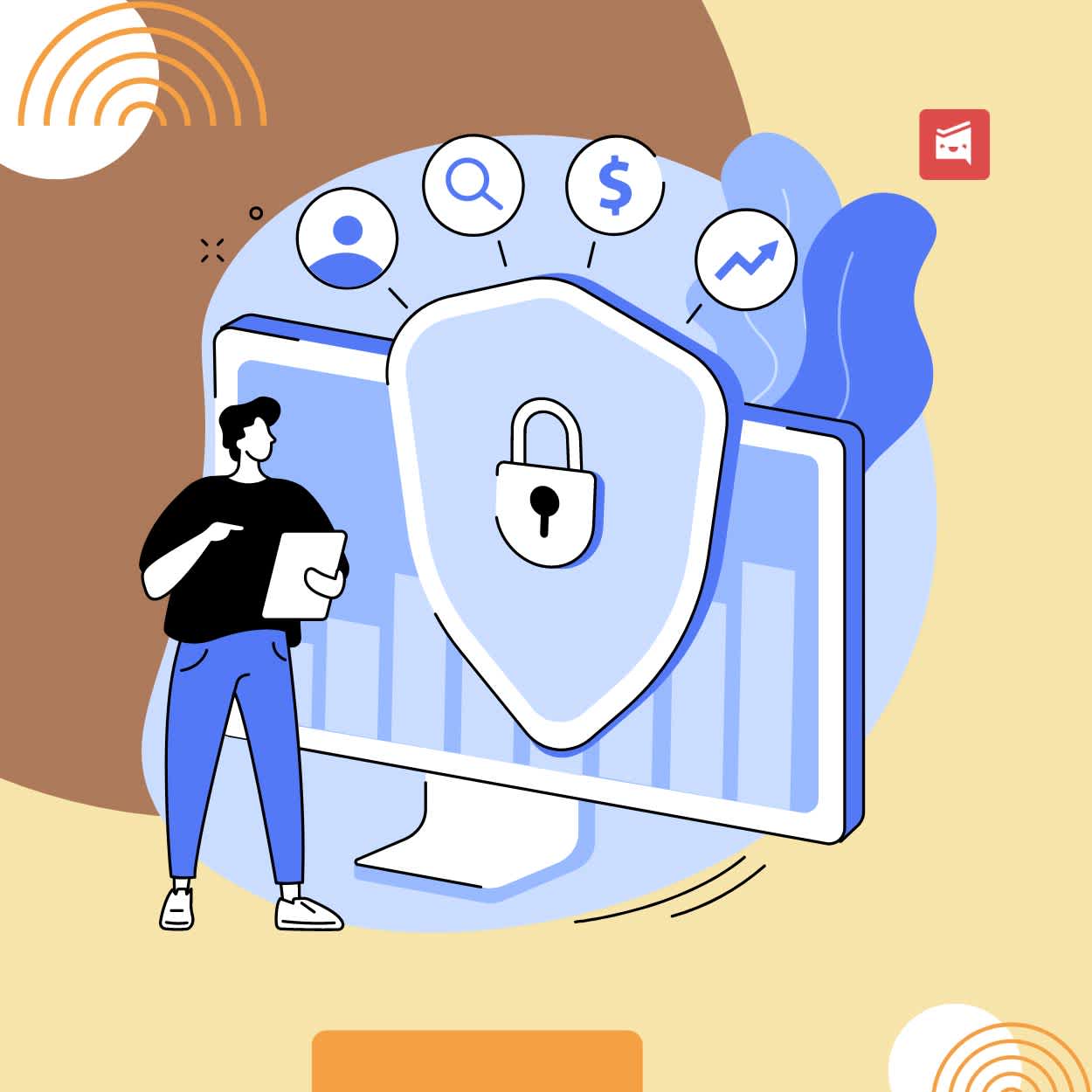What is Cybersecurity and Its Importance for Remote Business
ByJulian Gette
Workast publisher

Workast publisher
Cybersecurity, the practice of protecting systems, networks, and programs from digital attacks, has become a critical focus in today's digital landscape.
As businesses increasingly rely on technology to manage operations and store data, the need to safeguard against cyber threats has never been more urgent. This urgency is further amplified by the rise of remote work, which introduces new vulnerabilities and challenges for maintaining security.
With more businesses adopting remote work models, understanding cybersecurity's role and importance becomes essential. The objective of the below article is to have you come away with a much more comprehensive understanding of what cybersecurity is, how to apply it and the risks you confront as a remote company.
Equipping yourself and your employees with the knowledge and skills to put cyber security into practice is the foundation of any good cybersecurity strategy.
There are numerous resources available to help you learn about cybersecurity. Online courses and certifications, such as those offered by CompTIA, CISSP, and SANS Institute, provide in-depth knowledge and skills. Websites like Cybersecurity & Infrastructure Security Agency (CISA) and the National Institute of Standards and Technology (NIST) offer valuable guidelines and updates on the latest cybersecurity trends.
Staying informed and continuously learning about cybersecurity is crucial for keeping up with evolving threats. By leveraging these resources, you can enhance your knowledge and better protect your business.
The shift to remote work has been accelerated by technological advancements and the need for flexibility. Remote work offers numerous benefits, including increased productivity, reduced overhead costs, and improved work-life balance for employees, but it also introduces new security challenges that need to be addressed to protect your business.
Remote work environments often lack the controlled security measures present in traditional office settings. Home networks may not be as secure, personal devices may lack proper security configurations, and physical security measures are often minimal. These factors contribute to the increased vulnerability of remote businesses to cyber-attacks.
Cyber attacks can have severe financial and reputational consequences for remote businesses. The immediate financial impact of a data breach can include the cost of responding to the incident, legal fees, and potential fines for non-compliance with data protection regulations. Long-term financial damage can result from lost business opportunities and diminished customer trust.
Reputational damage can be even more significant. Customers expect businesses to protect their data, and a breach can erode that trust. Rebuilding a damaged reputation takes time and effort, and some customers may never return. Therefore, investing in cybersecurity is not only a protective measure but also a way to maintain and enhance your business's reputation.
Businesses must comply with various legal and regulatory requirements to protect customer data. Regulations such as the General Data Protection Regulation (GDPR) in Europe and the California Consumer Privacy Act (CCPA) in the United States mandate strict data protection measures. Non-compliance can result in hefty fines and legal consequences.
Understanding and adhering to these regulations is crucial for remote businesses. Implementing comprehensive cybersecurity measures helps ensure compliance and protects your business from legal repercussions. Regular audits and updates to your security practices can help you stay aligned with evolving regulations.
A well-defined cybersecurity policy is the foundation of a secure remote business.
This policy should outline the protocols and procedures for protecting your systems and data. It should include guidelines for using personal devices, accessing company networks, and handling sensitive information.
Creating a cybersecurity policy involves identifying potential risks and establishing measures to mitigate them. This policy should be communicated to all employees, and regular training sessions should be conducted to ensure everyone understands and follows the guidelines.
Using secure communication tools is essential for protecting your business's information. End-to-end encrypted messaging apps, secure email services, and virtual private networks (VPNs) provide a higher level of security for remote communication. These tools ensure that your data remains confidential and protected from unauthorized access.
Encouraging your employees to use these secure tools can significantly reduce the risk of data breaches. By prioritizing secure communication, you can protect sensitive information and maintain the integrity of your business operations.
Employee training is a critical component of a successful cybersecurity strategy. Regular training sessions should cover topics such as recognizing phishing attempts, creating strong passwords, and following best practices for data protection.
By raising awareness and educating your employees, you can prevent many common cyber threats.
As was mentioned at the outset of this article, a security-conscious culture starts with informed employees. Encouraging a proactive approach to cybersecurity can help identify and mitigate risks before they become significant issues. Regularly updating training materials and conducting simulated attacks can keep your employees vigilant and prepared.
Leveraging advanced technology solutions can enhance your cybersecurity efforts. VPNs provide secure connections for remote workers, protecting data transmitted over the internet. To further enhance your business's cybersecurity posture, especially in remote setups, it might be beneficial to delve into this complete guide to cyber security managed services for in-depth information on protecting your operations efficiently. Strengthening your defenses requires a multi-layered approach that combines proactive monitoring with robust security protocols. Partnering with cybersecurity experts can help identify vulnerabilities and implement tailored strategies to safeguard sensitive information. Additionally, adopting tools like endpoint protection and network monitoring can provide continuous oversight and rapid threat detection. Amongst the most essential cybersecurity services a business can invest in are security risk assessment services, incident response planning, cloud security solutions, and employee cybersecurity training.
By integrating these solutions into your cybersecurity strategy, you can stay ahead of evolving threats and protect your business effectively.
When you’re working remotely, cybersecurity is more important than ever. Protecting your business from cyber threats requires a comprehensive understanding of cybersecurity principles, implementation of best practices, and continuous education.
The truth of the matter is that the average person, and even the average business owner, is woefully underprepared for the myriad cybersecurity threats that are part and parcel of life online.
By prioritizing cybersecurity, you can safeguard your data, maintain customer trust, and ensure the long-term success of your remote business.
Investing in cybersecurity is not just a protective measure; it is a strategic decision that can enhance your business's resilience and reputation. As remote work continues to grow, so does the need for robust cybersecurity measures. Taking proactive steps today will help you navigate the digital landscape securely and confidently.
